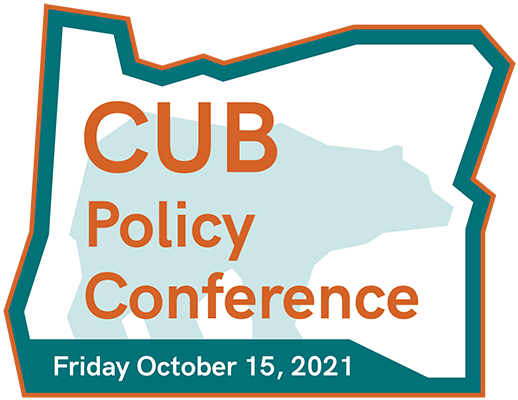
Increasingly, the Pacific Northwest sees the impacts of climate change in real time. Recently, catastrophic wildfires and wind and ice storms have placed a massive strain on our energy systems. In severe cases, customers have been left without power for days or weeks on end. Meanwhile, our policy climate is shifting decidedly toward a model of 100% clean electricity. Increasing reliance on variable resources raises questions of resource adequacy and reliability. How can we reliably heat and cool everyone’s homes, while keeping service affordable for all? How can we ensure we are making the proper investments for affordable decarbonization? How can we ensure that consumers aren’t left stranded by changing energy systems? In short: can we pull off a future without climate pollution?
Beyond the lessons learned from natural disasters and other unforeseen events in the Pacific Northwest, what can we learn from other regions as well, such as the rolling blackouts that were imposed on California and the frozen natural gas wells supplying Texas? Energy system resilience is another essential piece of the puzzle, but whose interests are served by the resilience conversation as it is shaped today? How can we ensure communities have access to affordable energy? How do we ensure that customer needs are actually being met, and account for all vulnerabilities in the system, from the point of generation to the customer’s home?
The CUB Policy Conference is designed to educate energy and utility policy analysts, attorneys, advocates, regulators, and others working in and around the energy industry. CUB plans to apply for Continuing Legal Education (CLE) credits for this event from the Oregon Bar Association.
Donate
Connect
Join our email list to learn about what we do and how to get involved.
Upcoming Events
There are no upcoming events posted at this time.